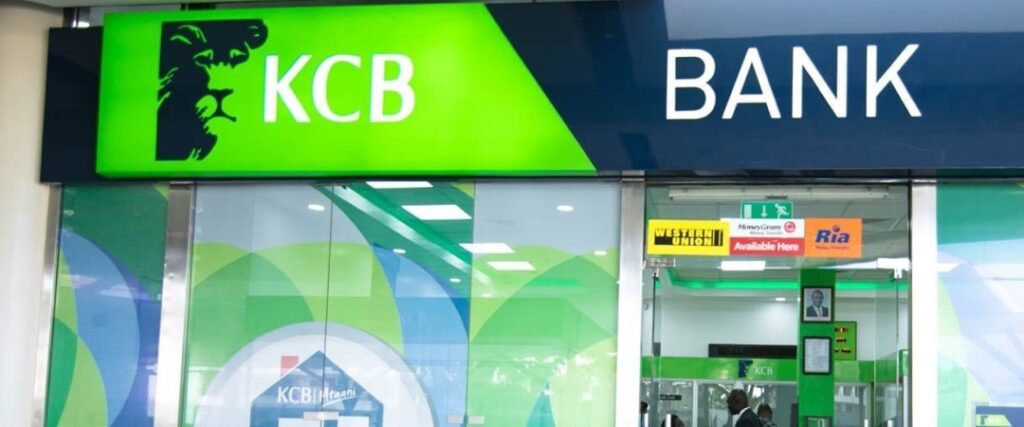
Regional lender, KCB Group, has followed the footsteps of Equity Bank to venture into the Democratic Republic of Congo.
KCB Group, which already has operations in Rwanda, Burundi, Tanzania, Uganda and South Sudan, says it has reached an agreement to acquire 85% shares in TMB with the existing shareholders holding the remaining balance for a period of not less than two years.
The transaction is expected to be concluded by the end of the third quarter of 2022 subject to regulatory, shareholders and other approvals.
KCB Group will pay a cash consideration for the shares determined based on the net asset value of TMB at completion of the proposed transaction, and using a price to book multiple of 1.49.
TMB, a public company limited by shares, is one of DRC’s largest banks with US$1.5 billion in assets. TMB has a strong offering in retail, SME, corporate and digital banking channels with over 110 branches spread countrywide.
KCB Group said the new acquisition is aligned with its strategic focus of scaling its regional presence. “This is part of our ongoing strategy to tap into opportunities for new growth while investing in and maximizing returns from the Group’s existing businesses,” said Andrew Wambari Kairu, KCB Group Chairman.
Wambari added, “It gives us strong headroom to accelerate our growth ambitions to deliver better value for our shareholders and to bolster the push for deeper financial inclusion and social and economic transformation in Africa and beyond. We are excited that we can now play a role in catalyzing DRC’s and indeed East Africa’s economic expansion agenda.”
Robert Levy, TMB Chairman said they are excited about the opportunities that KCB offers in this transaction.
“We believe that by combining our local knowledge and standing with the size and expertise of KCB Group, we should be able to increase market share and shareholder value through unlocking our synergies and business opportunities,” he said.
The new acquisition implies that TMB customers will benefit from the best-in-class digital capabilities, transactional banking solutions, trade finance expertise and access to regional business opportunities offered by KCB Group.
Equity Bank entered the DRC market in 2015 with the acquisition of ProCredit Bank Congo, and in 2019 it acquired a controlling stake in Banque Commerciale du Congo strengthening its footprint in the mineral rich nation.
This development comes a fortnight since the Ugandan manufacturers urged banks with local presence to expand into DRC to stir trade.
“We also need more of you (banks) to move into some of the markets that we are going into,” said Daniel Birungi, executive director at the Uganda Manufacturers Association during the 5th Annual Bankers Conference.
“We are talking of DRC but what is the footprint of banking (there) especially the Ugandan banking in that country? It is not that big and I think there’s scope for entry there and extend support.”
Statistics from Bank of Uganda shows that Democratic Republic of Congo is the country’s largest export market compared to the rest of the East African Community countries.
Uganda exported goods worth US$666million to DRC, followed by Kenya US$625milion, South Sudan US$562million in 2021. Exports to Tanzania and Burundi stood at US$141million and US$72.2million during the same period, respectively.
Uganda’s exports to the EAC countries include cement, food, palm oil, rice, beverages, sugar, plastics and plastic products, baked goods, cosmetics and iron materials. On the other hand, it imports woods and wood products, mineral products, petroleum products and chemicals and food stuffs among others.
TMB will give KCB Group access to Africa’s second-largest country with a population of over 93 million people. Moreover, KCB Group’s regional footprint with an asset base of US$12.6 billion is expected to strengthen its retail and corporate banking franchises.
KCB Group recorded a 54.6% growth in net profit to KShs. 9.9 billion in the three months ending March 2022 driven by growth in income and reduction in loan loss provision. Last year, it recorded a 74% growth net profit to Kshs34.2 billion, largely lifted by lower provisions against bad debts and increased revenue.
The lender’s net earnings had dropped 22% to Kshs 19.6 billion the year before on increased provisions for coronavirus-related defaults.
